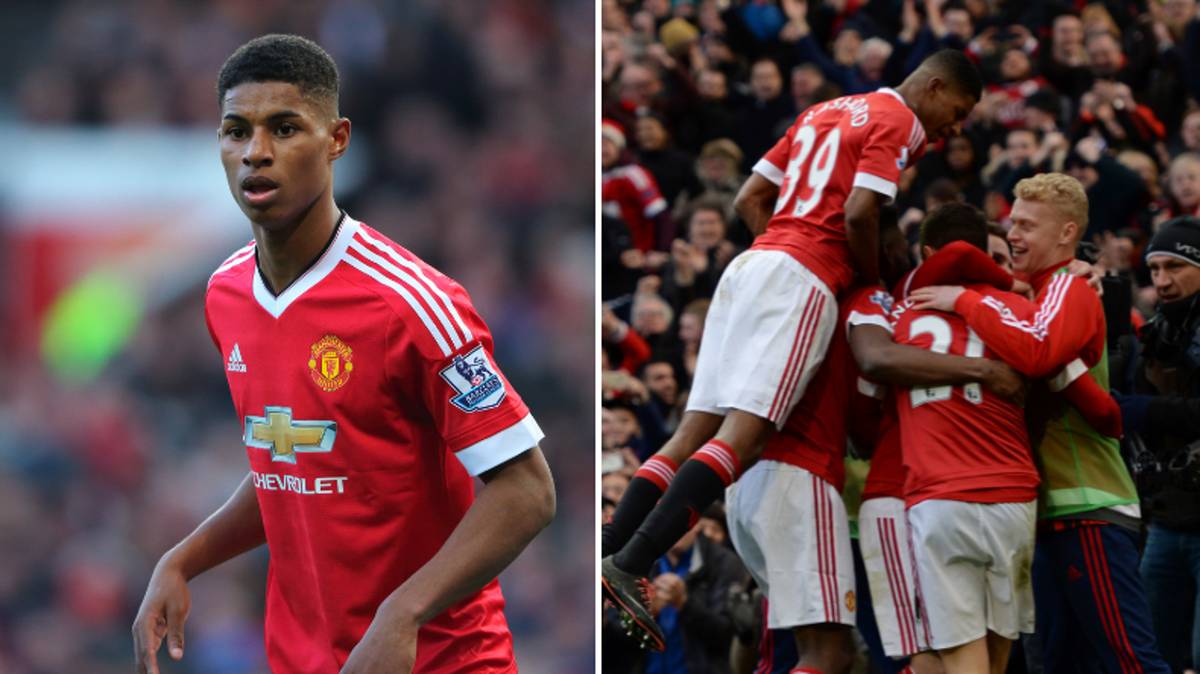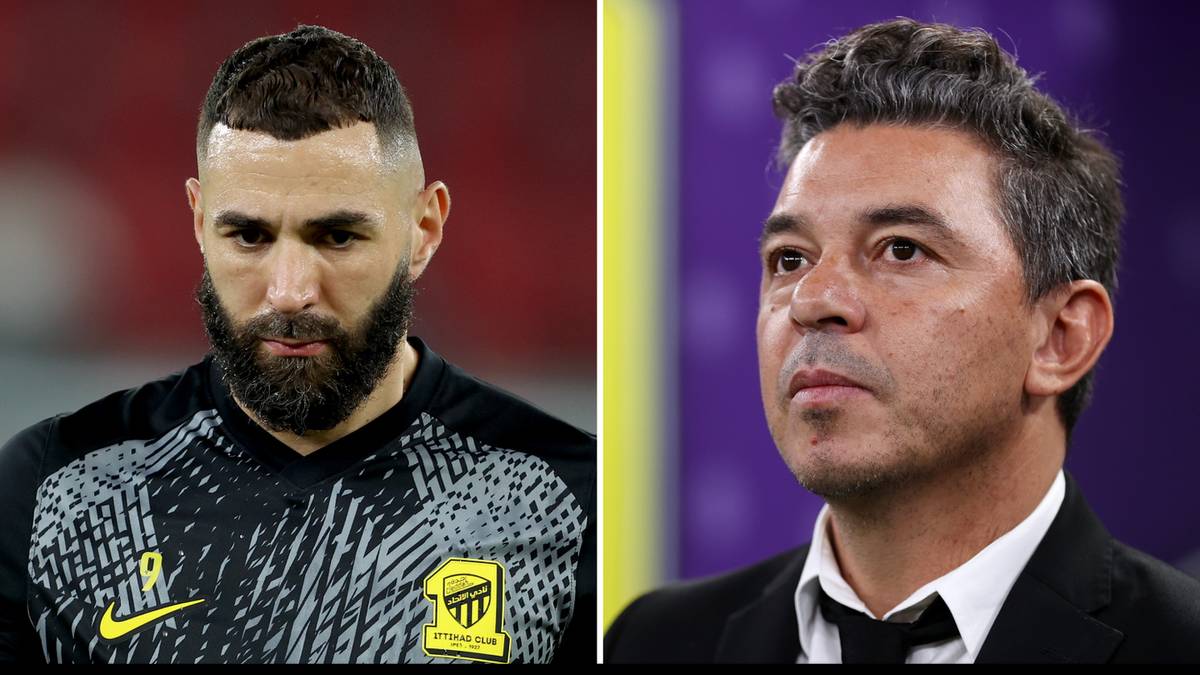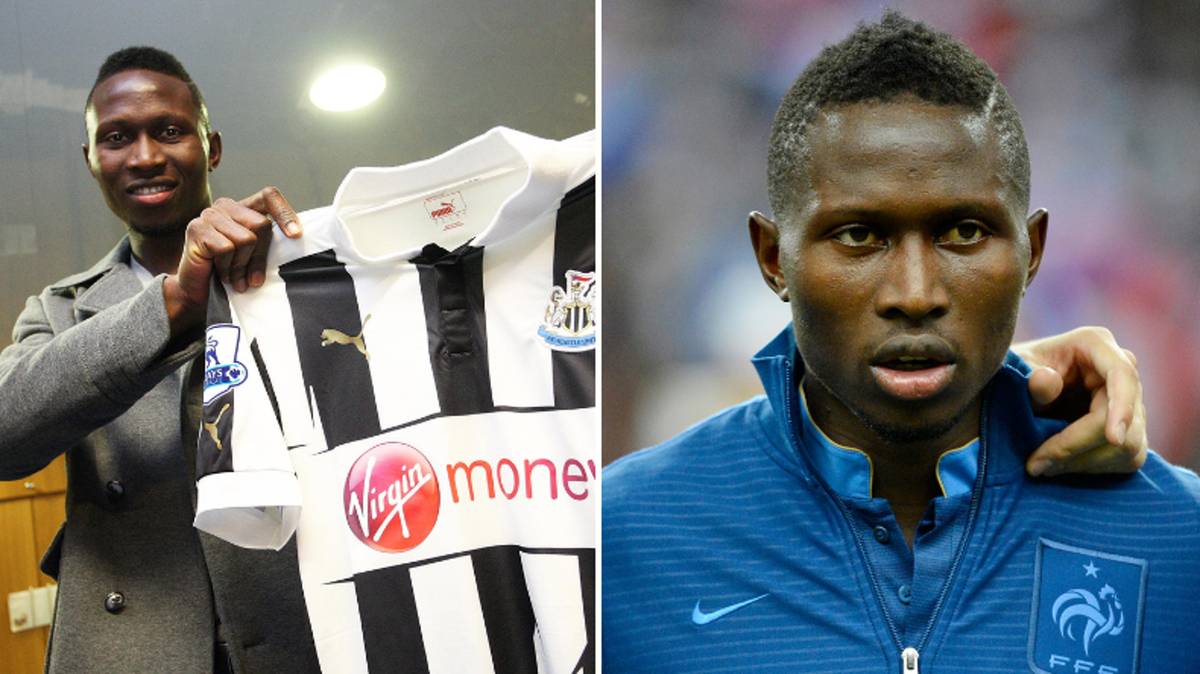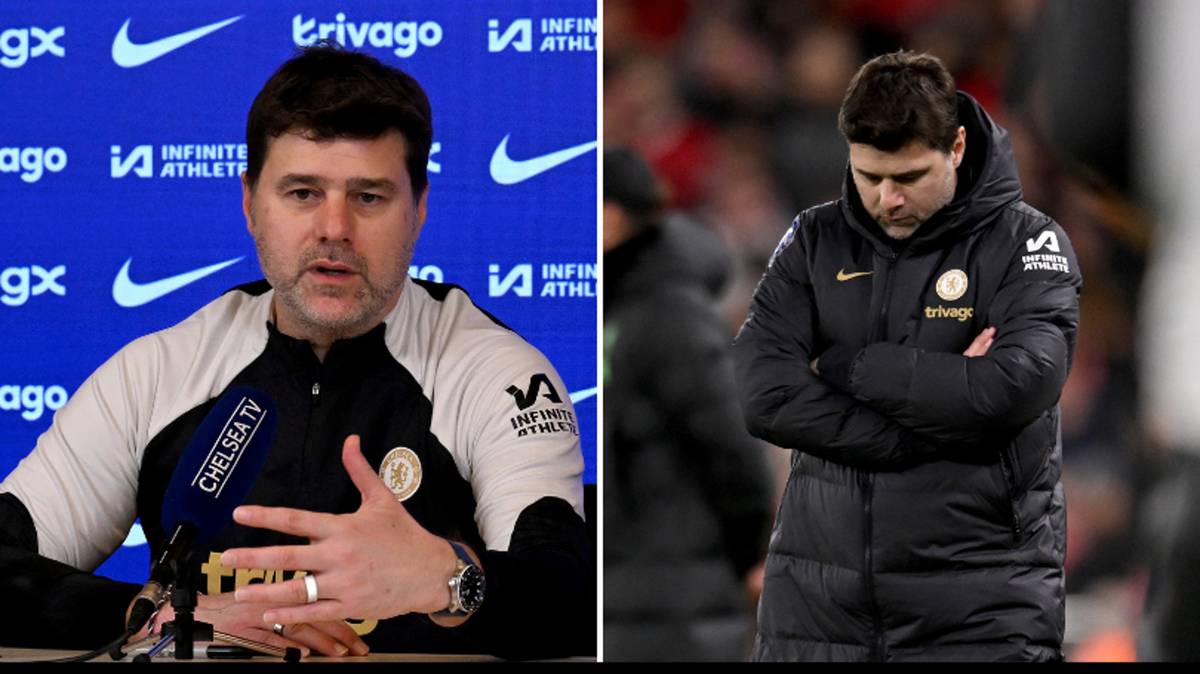
The recent case of Mohed Altrad, owner of the French rugby team Montpellier, being denied the opportunity to purchase a large stake in Gloucester Rugby has a shone a light on the issue of multiple sports teams being owned by the same person.
Without going into the Altrad case in too much depth, the basic story is that Altrad owns Montpellier (and is regarded to have done so with some success), and wanted to buy a 55% share in Gloucester Rugby, which he subsequently decreased to 45%. In the eyes of Premiership Rugby, this was not enough of a reduction and they proceeded to restrict the share Altrad would be able to purchase to 20%, at which point he decided to walk away completely.
For the deal to have been able to proceed, the World Rugby regulations provide that Altrad would have required permission from the relevant unions, i.e. the RFU and the FFR, with permission from Premiership Rugby also required. In this case it appears Premiership Rugby decided to only offer Altrad 20%. It is alleged that the other unions had given their permission for the deal to proceed.
The driving force behind this decision does not appear to be anything to do with Altrad as a person; by all accounts he is a good owner who would have been a positive influence on Gloucester. What influenced the decision is the very real prospect that Gloucester and Montpellier could be playing in the same competition next season, the European Rugby Champions Cup, and questions on the integrity of the competition would be likely to follow.
Football takes a slightly different position to this. Owners are prevented from owning multiple clubs in England via the Fit and Proper Persons Test, which requires prospective owners to confirm that they do not already own another club in England. However, there is nothing to stop a single person owning more than one club across different leagues in Europe and this has happened on several occasions, notably with Watford and Udinese and the Red Bull clubs: Leipzig and Salzburg.
Where the football rules become tougher than rugby is the situation in which clubs owned by the same person both qualify for European competition. In that situation, UEFA rules say that one person cannot have control or influence over more than one club participating in a UEFA competition.
This is the likely scenario facing Red Bull Salzburg and RB Leipzig. Both are owned by Red Bull, and both are likely to finish in the qualifying places for the Champions League in their respective leagues.
Should both qualify, which club will get in? That is decided by (in order) the club that qualified for the higher UEFA competition (i.e. the Champions League rather than the Europa League), the club that finished higher in its domestic league, and finally the club that comes from the country with a higher UEFA coefficient. Therefore, seeing as Salzburg look very likely to finish top of the Austrian Bundesliga, whilst Leipzig are likely to finish second in the German Bundesliga, it seems that Leipzig will miss out.
The purpose of rules of this kind is clearly to promote the integrity of the game and avoid suggestions that owners are influencing outcomes. However, this must also be balanced against the shortage of truly good owners in football.
Could another way around this problem not be to allow clubs under the same ownership to enter the same European competition, under the proviso that any time the teams meet in the competition, one of the teams is given a bye? This of course comes with the risk that you end up with a Champions League full of teams owned by the same people and which cannot play each other. However, at the very top level, I do not consider this to be a likely outcome: the clubs are simply worth too much.
The rules, as they are currently drafted, would also seem to suggest that in a situation where Udinese qualified for the Champions League and Watford qualified for the Europa League, only Udinese would be allowed to participate. It would appear that this is overkill and a better solution would surely be to intervene if Udinese dropped into the Europa League after the group stages.
What would appear to be a more important issue than one good owner owning more than one club, is avoiding bad owners owning a club at all. The consequences of bad ownership can be catastrophic for a club and if an Altrad in rugby, or a Red Bull or whomever is a good owner – is it not preferable that they be allowed to own clubs (subject to the integrity measures I have described)?
Those who support the Altrad stance in rugby are calling for football to follow suit – pointing to the likes of Roland Duchatelet (owner of Charlton and four other clubs around Europe) – but for me they miss the point. I would be focussing on bad owners per se. To prevent good owners owning is an evil I would not countenance above permitting bad owners to own at all; that gamble is one that Leyton Orient fans right now are paying the price for.



